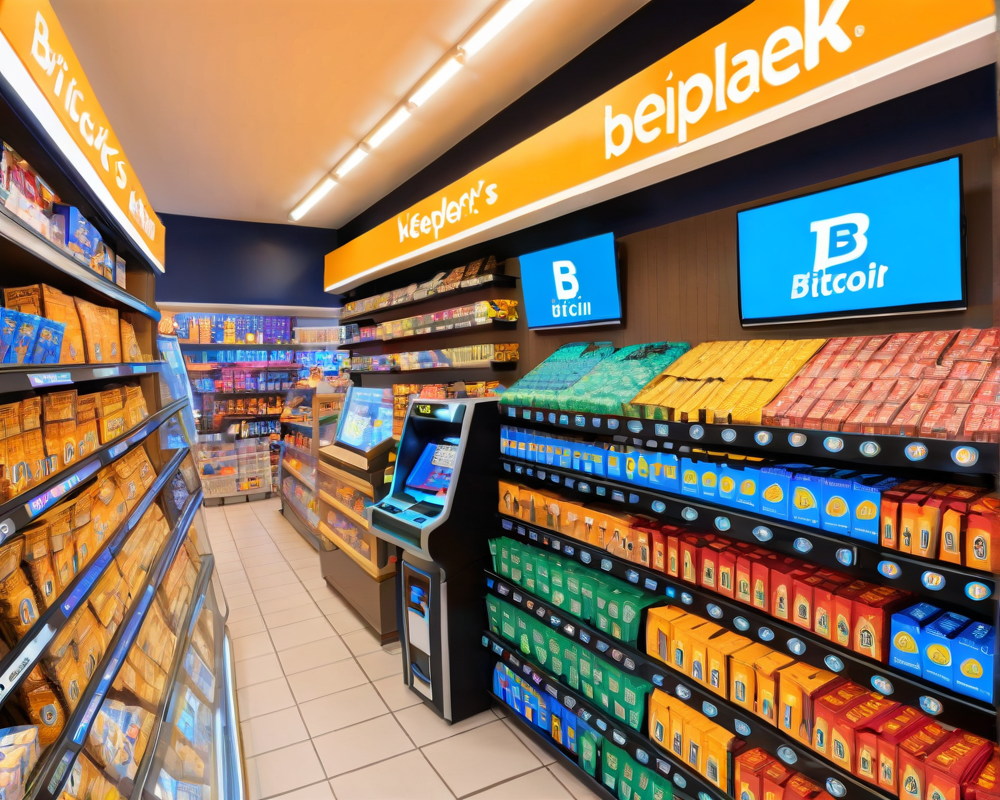Keplerk’s Bold Move
Keplerk has made headlines once again by relaunching its unique service that allows customers to pay in Bitcoin (BTC) at over 5,200 tobacco shops across France starting October 10. This comes after a brief hiatus of less than two months when the service first launched in January.
A Quick Review of the First Attempt
When Keplerk initially rolled out its service, it was a promising venture into the world of cryptocurrency for casual shoppers. With options to buy Bitcoin in coupon denominations of €50, €100, and €250, customers were provided with an accessible way to dip their toes into the world of digital currency. However, due to various hurdles, including a lukewarm reception and concerns from the central bank, the service was put on pause after its January debut, which saw participation from only a handful of tobacco shops.
Return to the Scene
The second coming of Keplerk aims to eliminate past mistakes, bolstered by a collaboration with payment terminal provider Bimedia. With this partnership, every participating tobacconist will be equipped to facilitate Bitcoin payments seamlessly. Keplerk’s co-founder Adil Zakhar has ambitious plans, aiming to scale from a dozen shops to an impressive 6,500, despite regulatory pressures and scrutiny from the financial authorities.
The Crypto Scene in France
Across the French landscape, cryptocurrency is gaining traction. Reports indicate that over 25,000 points of sales from various retailers, including popular names like Decathlon and Sephora, will be accepting Bitcoin payments as early as 2020. Furthermore, a recent promotional stunt by Domino’s Pizza in France caught attention by offering a significant prize pool of $110,000 in Bitcoin or cash, highlighting the growing acceptance of cryptocurrency in mainstream commerce.
Taxations and Regulations
As of now, French authorities are taking a slightly lenient approach toward cryptocurrency transactions. Economy Minister Bruno Le Maire clarified that they aren’t planning to impose taxes on crypto-to-crypto trades, but will be vigilant when cryptocurrencies are converted back to fiat. This regulatory stance underscores a growing acceptance of digital currencies and hints at a future where crypto trading could become more mainstream.




